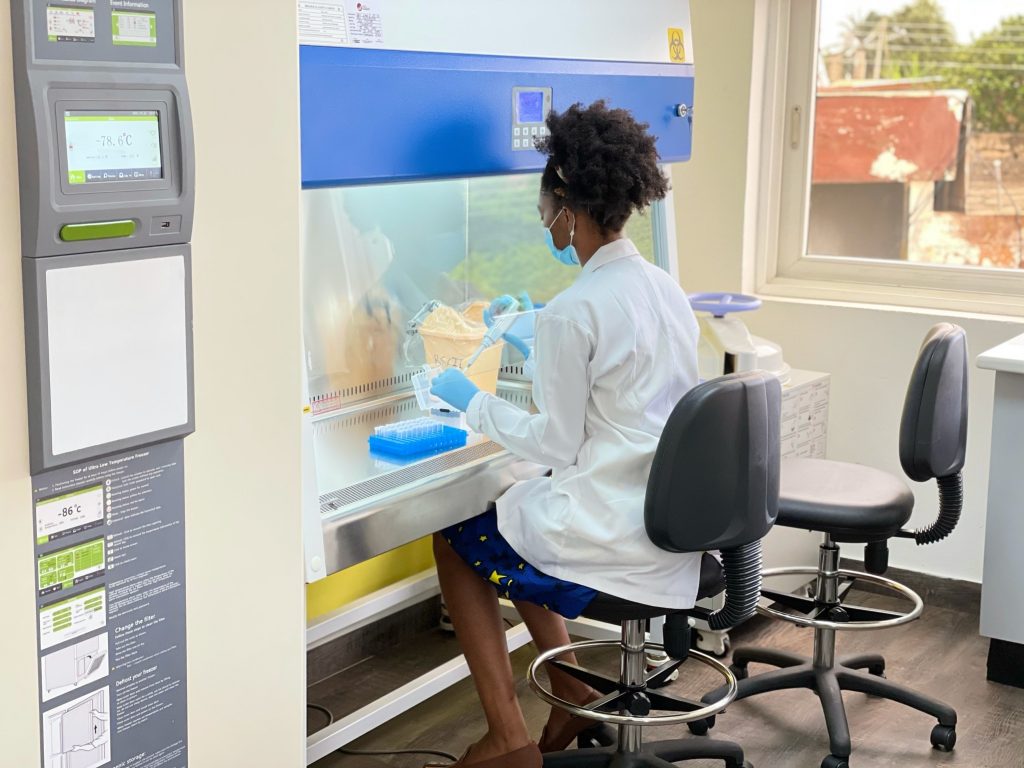A Ghanaian cancer research and diagnostic startup Yemaachi Biotech plans to expand the world’s knowledge of how cancer affects people of African descent.
Yemaachi Biotech is a home grown research and diagnostics startup on a mission to change African cancer studies. One of these sample being collected get sent to the research company.
It is difficult to find Hard data on cancer in Africa which is what makes the research necessary. It is also one of Ghana’s only labs equipped for molecular analysis.
Teams working here are tasked with collecting data they believe will aid the development of medicine for cancer patients throughout the continent and diaspora.
While more than 17% of the world’s population call the continent home, only 2% of genomic study participants are of African descent, according to the U.S. Department of Health & Human Services. Yemaachi Biotech aims to change that by constructing a first-of-its-kind genomic archive of cancers in Black people from around the world.
“We have one of the world’s fastest growing burdens of cancer, and we have some of the highest cancer mortality rates of anywhere in the world. So, as much as HIV and malaria are problems, cancer is a huge problem that is actually growing faster than those other problems. I felt that for a new company starting out, we needed to focus on an area that was really important but also less traveled.”, Co-founder and CEO Dr. Yaw Bediako said.
And investors are taking note.
In just over a year, Yemaachi has raised around $3 million in seed funding – mostly from African investors.
Dr. Kafui Akakpo is a pathologist with the Accra-based Pathologists Without Borders.
He is aiding in a study of various kinds of breast cancer affecting Black women, who Breast Cancer Prevention Partners say are disproportionately exposed to the disease.
“Even though breast cancer has been studied extensively throughout the world, the truth is that most of the cases are not Africans. If you look at every study across the world, very few of them are of Africans. What this does is that you come to the African population and study it, and that has effects on Africans and African Americans, and any other group that has a basis in Africa. That’s why this is so important. Without it, you don’t have enough to relate to African breast cancer.”
Yemaachi is also aiming to sequence every type of childhood cancer in Ghana later this year and the start-up has already had some success.
It recently launched Ghana’s first home testing kit for human papillomavirus, one of the leading causes of cervical cancer.
The American Cancer Society estimates more than a third of global cervical cancer deaths occur in Africa.
